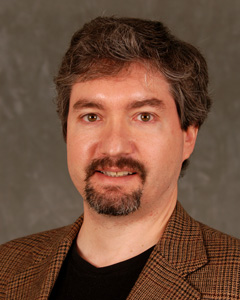
Physics 516: Electron Correlations (Spring 2010)
MWF 9:15-11:05, 502 Reiss and Physics lobby (MWF)
Office: 552 Reiss
Office Hours: T Th 11:30-12:00, or by appointment.
I am in most times except Mondays 3-4:30, Wednesdays, and Fridays 1-5.
Email: freericks@physics.georgetown.edu
Telephone: (202) 687-6159
Course Description
This course is an introduction to the more advanced ideas of quantum mechanics.
We will begin with the raising and lowering operators of a simple harmonic
oscillator, a review of nondegenerate perturbation theory, and a development
of degenerate perturbation theory. We then describe time-dependent phenomena
in quantum mechanics, including time-ordered products, evolution operators,
and perturbation theory. We also briefly describe Fermi's golden rule,
the sudden approximation, and the creation of light from atomic
hydrogen. Then we move onto Fermionic problems, starting with
the creation and annihilation operators and how they apply to simple
bandstructure calculations, followed by a thorough discussion of the Hubbard
model, which illustrates many different correlated phenomena ranging from
antiferromagnetism to ferromagnetism.
View this syllabus at
http://www.physics.georgetown.edu/~jkf/corr/corr.html.
Quantum Mechanics Developers we will meet in this course
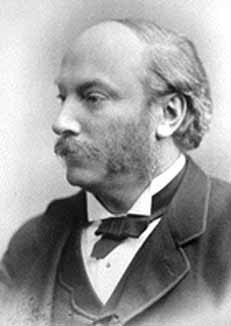
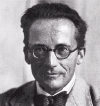
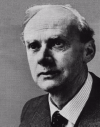
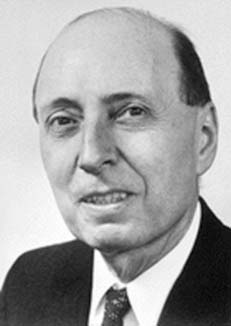
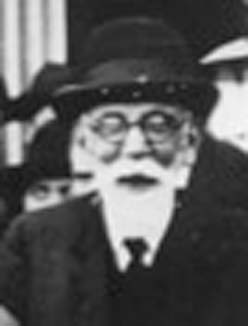
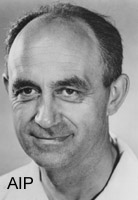

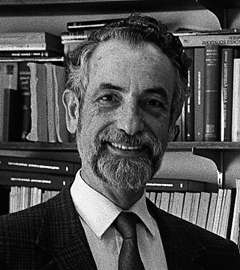
Some Advice
This course will have six homework assignments and a final. The
final is on May 12. Most of the readings come from Harrison's
Applied Quantum Mechanics, excerpts from other selected texts
(Gottfried's Quantum Mechanics I: Fundamentals and Ziman's
Elements of Advanced Quantum Theory), and original research articles.
Assigned reading must be completed before the lecture where the material
will be presented. Note that we will be using more of a tutorial than lecture
style for the class.
In order to deliver the material in a more relaxed fashion,
we will meet informally after the lecture period in the Physics lobby to
complete lecture materials, discuss homework problems, and answer questions.
Come prepared to think.
Syllabus
Homework Schedule
Grading Policy
Last modified March 1, 2010
Jim Freericks, Professor of Physics,
freericks@physics.georgetown.edu








